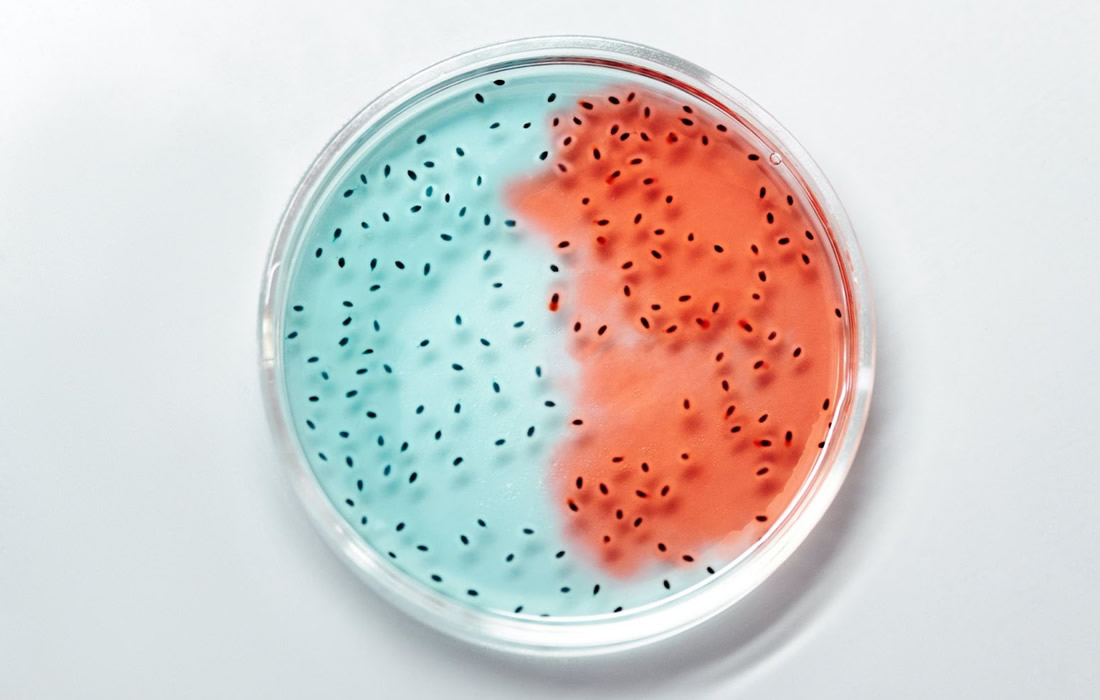Regenerative Medicine News and General Information
Epigenetic Changes Can Cause Type 2 Diabetes
A new study by researchers at Lund University provides increased support for the idea that epigenetic changes can cause type 2 diabetes.
Epigenetic changes that arise due to environmental and lifestyle factors can affect the function of genes.
“Our new extensive study confirms our previous findings from smaller studies, showing that epigenetic changes can contribute to the development of type 2 diabetes. In this study, we have also identified new genes that impact the development of the disease. Our hope is that with the help of these results, we can develop methods that can be used to prevent type 2 diabetes,” says Charlotte Ling who led the study.
The researchers studied epigenetics in insulin-producing cells from donors and found 5584 sites in the genome with changes that differed between 25 individuals with type 2 diabetes and 75 individuals without the disease.
The same epigenetic changes found in people with type 2 diabetes were also found in individuals with elevated blood sugar levels, which increase the risk of developing the disease.
The study identified 203 genes with different expression in individuals with type 2 diabetes compared to the control group.
The researchers found that the gene RHOT1 showed epigenetic changes in people with type 2 diabetes and that it also played a key role in insulin secretion in insulin-producing cells.
When they knocked out the gene expression of RHOT1in cells from donors without type 2 diabetes, insulin secretion decreased.
“When we examined the same type of cells in rats with diabetes, we found a lack of RHOT1, confirming the gene’s importance for insulin secretion,” says Tina Rönn.
One goal of the research is to develop a blood-based biomarker that can predict who is at risk of developing type 2 diabetes.
Therefore, the researchers investigated whether their results from insulin-producing cells in the pancreas were reflected in the blood of living people.
They found epigenetic changes in the blood of a group of 540 people without the disease and they linked this to the future development of type 2 diabetes in half of the individuals.
Factors such as unhealthy diet, sedentary lifestyle, and aging increase the risk of type 2 diabetes, and they also affect our epigenetics.
With the new study, researchers have identified new mechanisms that may make it possible to develop methods to help prevent type 2 diabetes.
Sources:
Tina Rönn, Jones K. Ofori, Alexander Perfilyev, Alexander Hamilton, Karolina Pircs, Fabian Eichelmann, Sonia Garcia-Calzon, Alexandros Karagiannopoulos, Hans Stenlund, Anna Wendt, Petr Volkov, Matthias B. Schulze, Hindrik Mulder, Lena Eliasson, Sabrina Ruhrmann, Karl Bacos, Charlotte Ling. Genes with epigenetic alterations in human pancreatic islets impact mitochondrial function, insulin secretion, and type 2 diabetes. Nature Communications, 2023; 14 (1) DOI: 10.1038/s41467-023-43719-9
Lund University. “Epigenetic changes can cause type 2 diabetes.” ScienceDaily. ScienceDaily, 13 December 2023. <www.sciencedaily.com/releases/2023/12/231213112605.htm>.
Materials provided by Lund University. Note: Content may be edited for style and length.
Images from:
Photo by Edward Jenner
https://www.pexels.com/photo/glass-blur-bubble-health-4033022/

